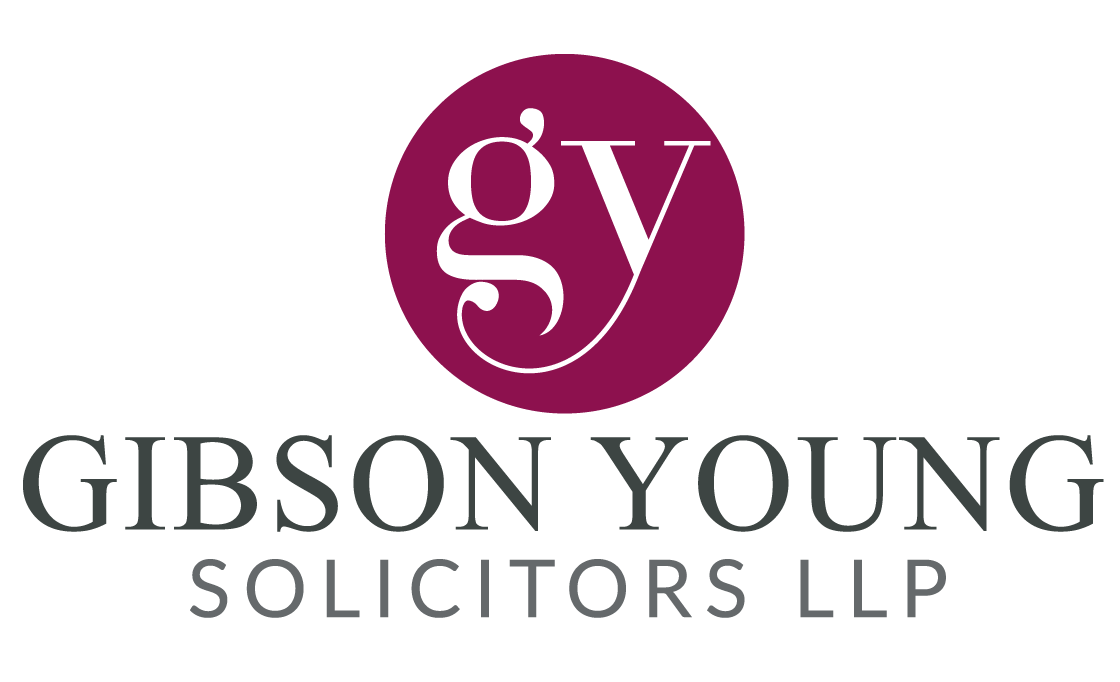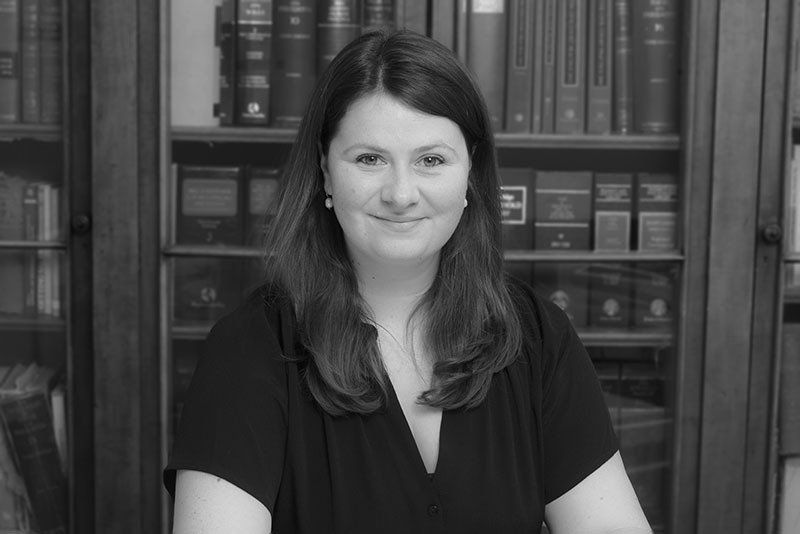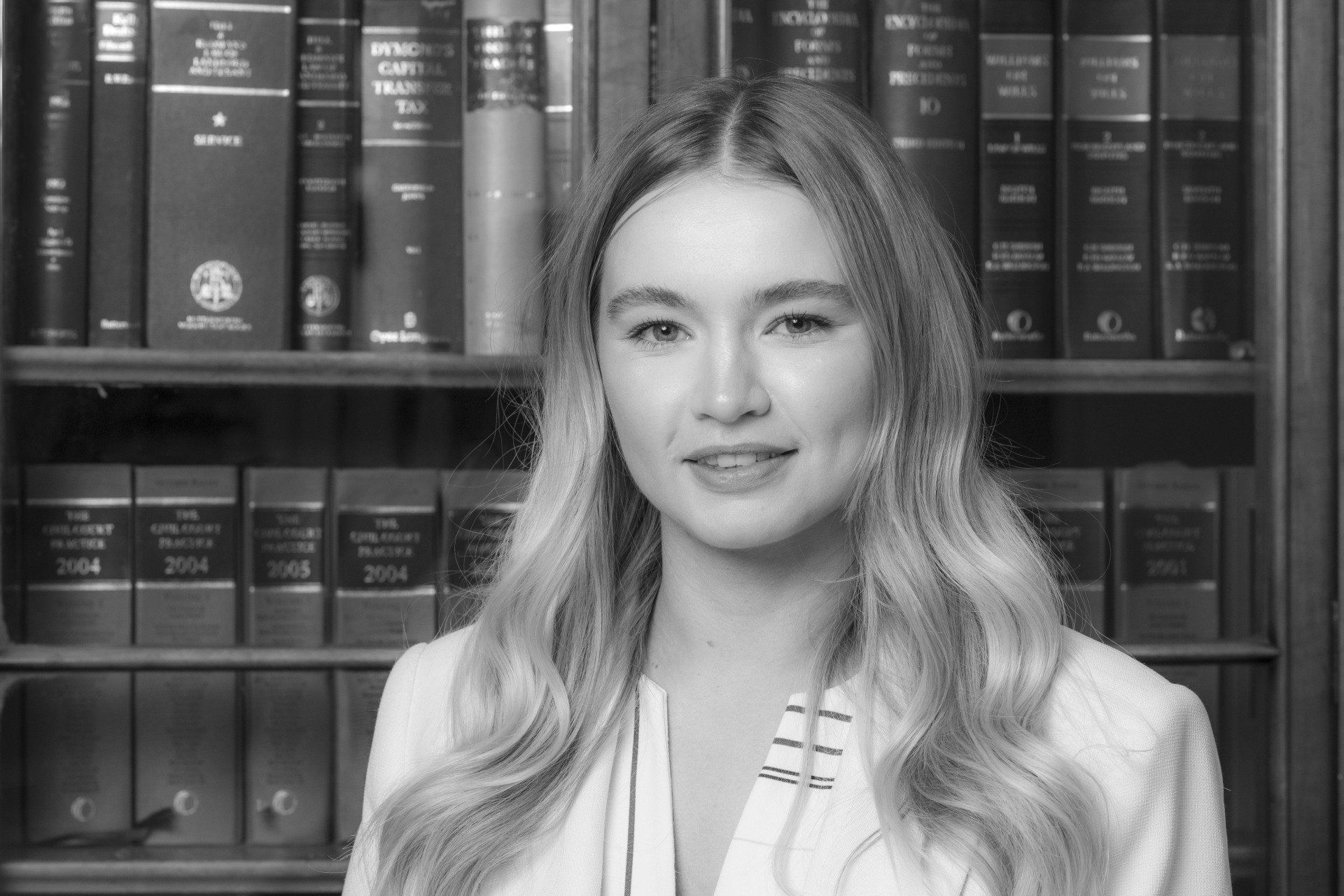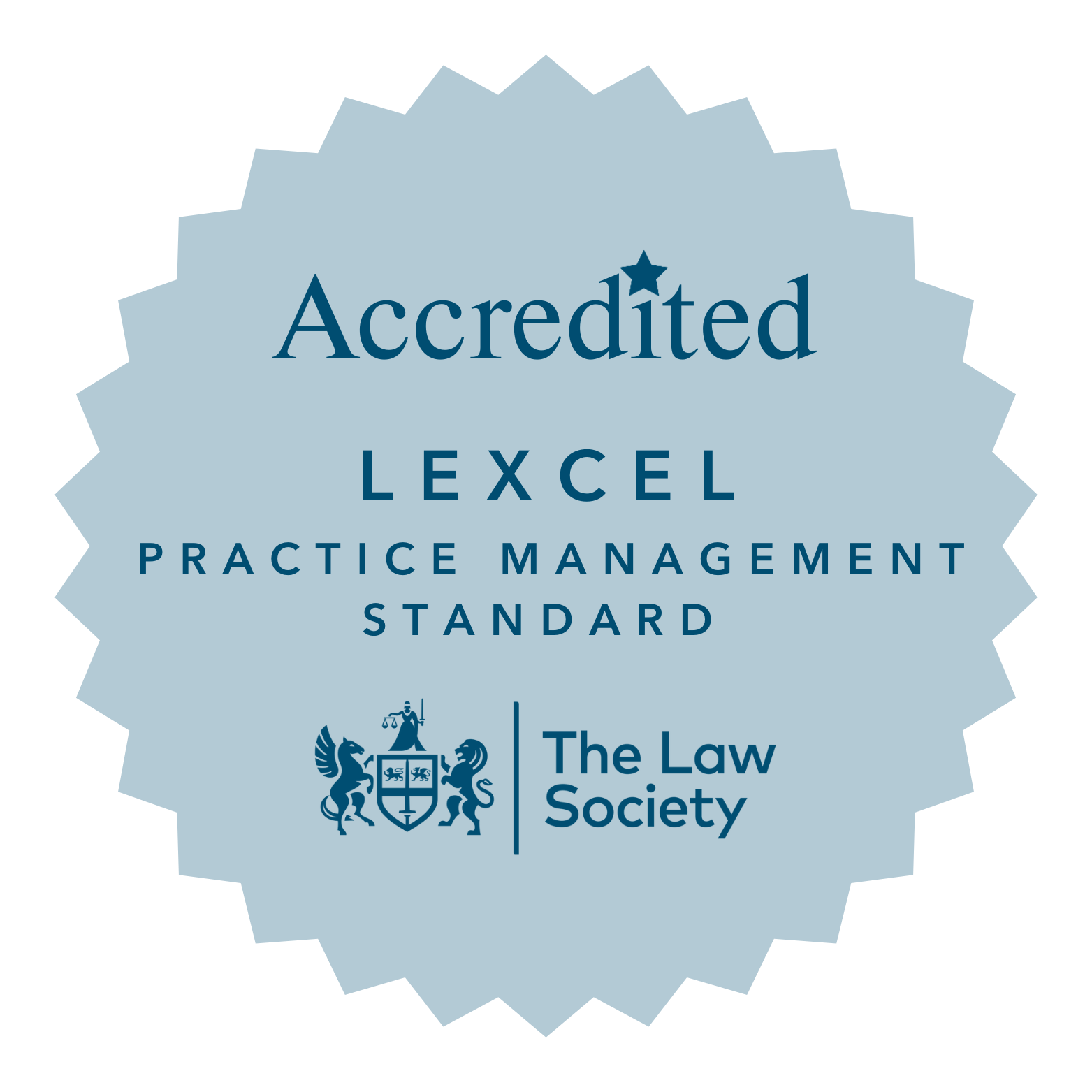After a death, the financial affairs of the person who died need to be wound up, to include dealing with their finances, assets, debts and personal possessions.
This generally means that their personal representative will need to apply for a Grant of Probate or, if they did not leave a Will, a Grant of Letters of Administration.
This can be a lengthy process, involving collecting in and valuing assets, calculating and paying Inheritance Tax, discharging debts, clearing and selling any property, preparing detailed estate accounts, identifying and locating beneficiaries and distributing the estate in accordance with the Will or, where there is no Will, the Rules of Intestacy. It is important that no errors are made as the estate executor or administrator can face personal liability for any losses the estate incurs, even if these are as a result of a genuine error.
At Gibson Young Solicitors, we can apply to the Probate Registry on your behalf to obtain the necessary grant. We can also deal with the estate administration, ensuring that the correct process is followed and that all of the estate’s liabilities are discharged.
We know that this is often a very difficult time for families and you will find our probate solicitors to be sympathetic and understanding. We work proactively to deal with application for a Grant of Probate or Letters of Administration without delay and to finalise estate affairs as soon as possible.
We also have colleagues with adjacent areas of expertise who can help with issues such as the sale of property, should this be necessary. We are happy to do as little or as much as you need in an estate administration, tailoring our services to meet your requirements.
Contact our London SW15 solicitors about probate estate administration.
If you would like to speak to an expert probate and estate administration solicitor, ring us on 020 7924 2919, email us at reception@gibsonyoungsolicitors.com or fill out our Contact Form.
How our London SW15 lawyers can help with probate and estate administration.
Our team deals with estates of all sizes and complexities and where required we can take on the whole process, from valuing an estate through to distribution. Our services include the following:
• General advice on estate administration and advising executors
• Application for Grant of Probate or Grant of Letters of Administration
• Advice on the terms of a Will
• Advice on the Rules of Intestacy, to include who is entitled to inherit and
who can apply for a Grant of Letters of Administration
• Obtaining valuations for Inheritance Tax purposes
• Advising you in respect of a deed of variation
• Drafting a deed of variation and dealing with the associated consents
• Preparing an Inheritance Tax account and paying Inheritance Tax
• Placing notices in the press where necessary
• Discharging all other debts and liabilities
• Arranging for the clearance and sale of property
• Collecting in the estate assets
• Preparing estate accounts
• Distributing the estate to the beneficiaries and obtaining receipts
We always aim to ensure that our fees are clear and competitive. For information on the costs involved, see Probate Fees .
Estate administration probate FAQs
Is a Grant of Probate always needed?
A Grant of Probate is not needed where the estate is small. There is no set definition of a small estate and it will usually depend on the rules of any banks where the deceased held funds. Banks set their own limits above which they require a Grant of Probate before closing an account and this can range from around £5,000 to £30,000. Where the deceased owned a property, a Grant of Probate will usually be required.
Who is entitled to inherit when there is no Will?
Where the deceased did not leave a Will, their estate will pass under the Rules of Intestacy. These rules set out in order of priority who is entitled to inherit. Where the deceased left a spouse and children, their spouse will inherit the first £322,000.00 of the net estate plus all of the deceased’s personal possessions.
The remainder of the estate is split in half, with the spouse receiving one half and the children sharing the other equally.
Where the deceased did not have a spouse or children, the next in line to inherit are grandchildren, parents and siblings, in that order.
Who can be an estate administrator when the deceased did not leave a Will?
If the deceased did not leave a Will, then someone entitled to inherit under the Rules of Intestacy can apply to the Probate Registry to be the estate administrator. This will be in order of priority, meaning that if someone does not wish to take on the role, the next person with priority can make the application.
How is Inheritance Tax calculated?
Generally Inheritance Tax is payable on the net value of an estate, which is the amount of the assets less the amount of any debts and other liabilities.
Where a net estate is worth less than £325,000, then no Inheritance Tax is payable. This is known as the nil rate band. If an estate is worth more than £325,000, but it is left to a spouse or civil partner or to charity, then no Inheritance Tax is payable.
A further allowance of £175,000, known as the main residence allowance, is available if you pass on your home to your children or grandchildren. Where an estate is left to a spouse or civil partner and the allowances are unused, both the nil rate band and the main residence allowance, totalling £500,000, can pass to the spouse or civil partner and be used against the value of their estate in due course, giving them a total allowance of £1 million, assuming they pass on a property to their children or grandchildren.
Inheritance Tax of 40% is generally payable on the part of an estate above the threshold of £325,000. This is reduced to 36% where more than 10% of a net estate is left to charity.
Inheritance Tax may also be payable on gifts the deceased made in their lifetime, depending on how long before death they were made. Gifts made seven years or more before death do not attract Inheritance Tax. Gifts made in the seven years before death incur Inheritance Tax on a sliding scale:
Years between gift and death Rate of tax on the gift
3 to 4 years 32%
4 to 5 years 24%
5 to 6 years 16%
6 to 7 years 8%
7 or more 0%
Some gifts are exempt, to include gifts totalling up to £3,000 per year.
Inheritance Tax is a complex area and it can be helpful to have professional advice in dealing with the calculation and payment. Our probate team can assist you in respect of Inheritance Tax to ensure that no costly errors are made.
How long does probate take and how long does estate administration take?
Once Inheritance Tax has been calculated and paid, the application to the Probate Registry can be made. This likely to take several weeks to be processed, depending on the workload of the Registry. Once a Grant of Probate or a Grant of Letters of Administration has been received, the estate assets can be collected in and, where appropriate, sold. This is likely to take up to a year, and sometimes even longer, depending on the extent and complexity of the estate. For example, where the deceased owned a property, this will need to be sold.
Contact our expert London solicitors SW15.
At Gibson Young Solicitors, we offer both legal expertise and outstanding client service. We are friendly and approachable and our advice is clear and straightforward.
If you would like to speak to an expert probate lawyer, ring us on 020 7924 2919, email us at reception@gibsonyoungsolicitors.com or fill out our Contact Form. All initial enquiries are free of charge and without any obligation.
Putney Office: 1 & 2 Crescent Stables, 139 Upper Richmond Road, Putney, London SW15 2TN








